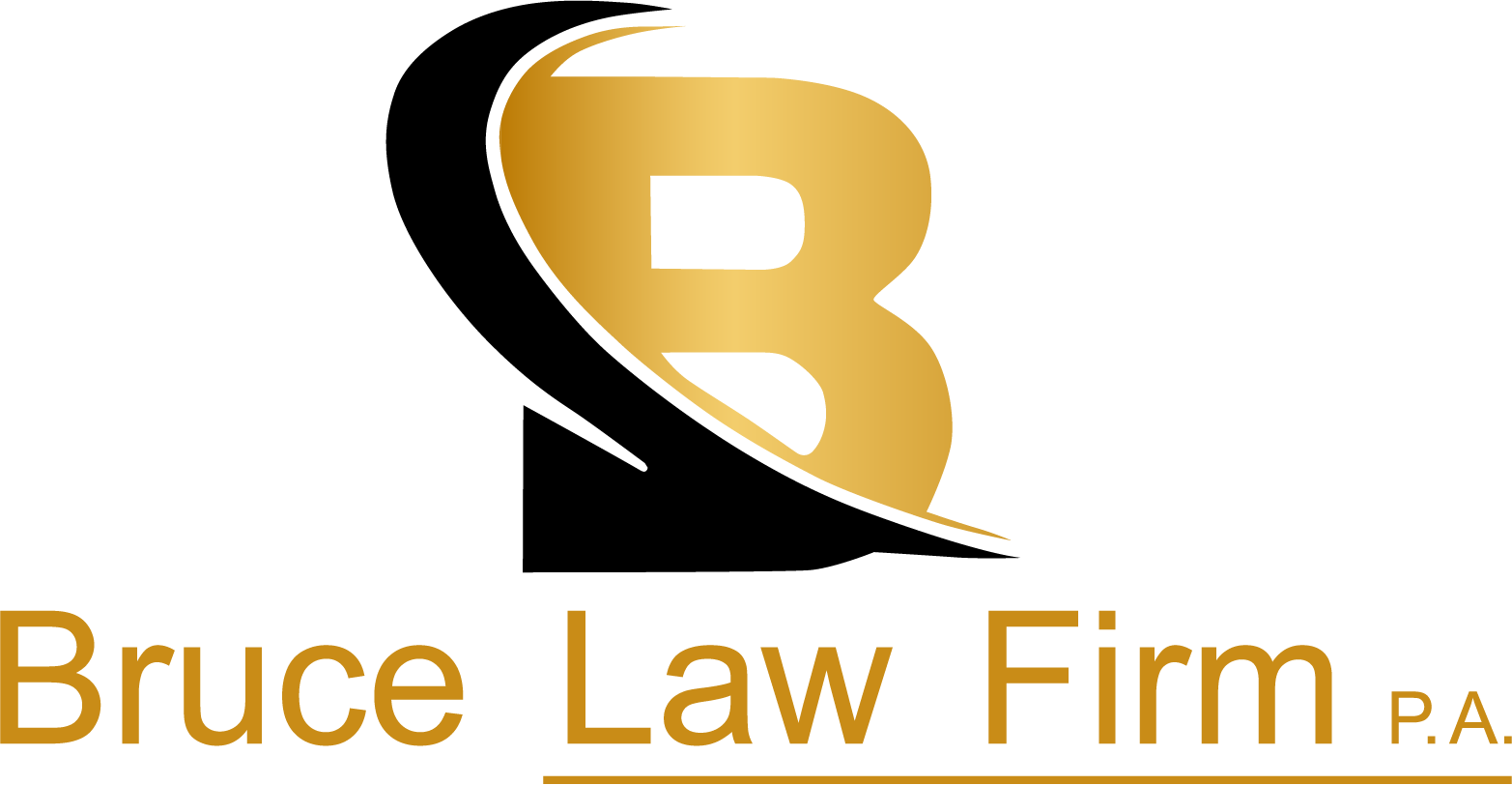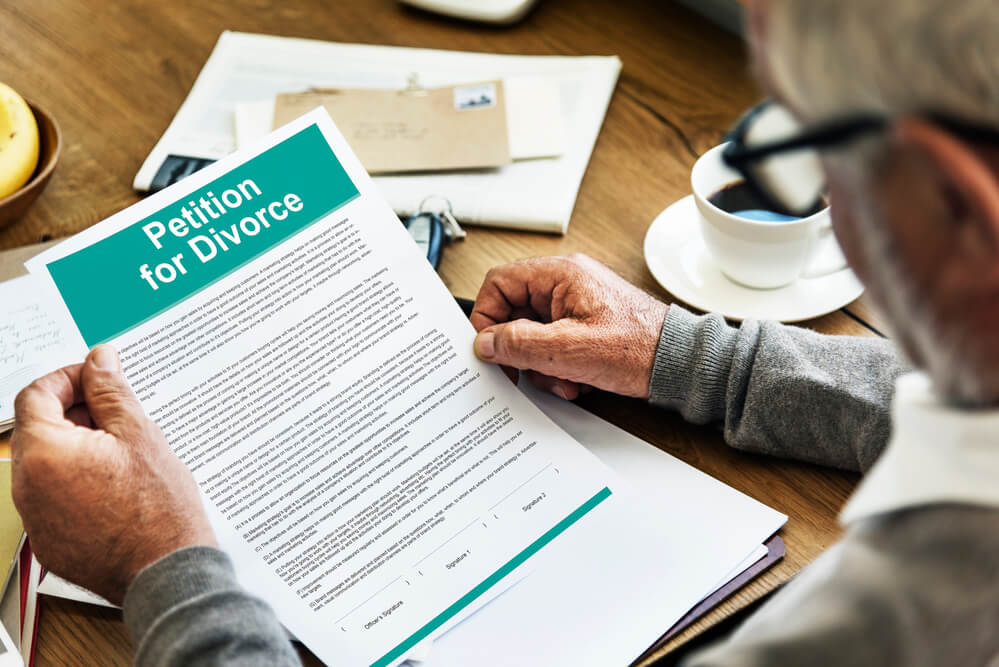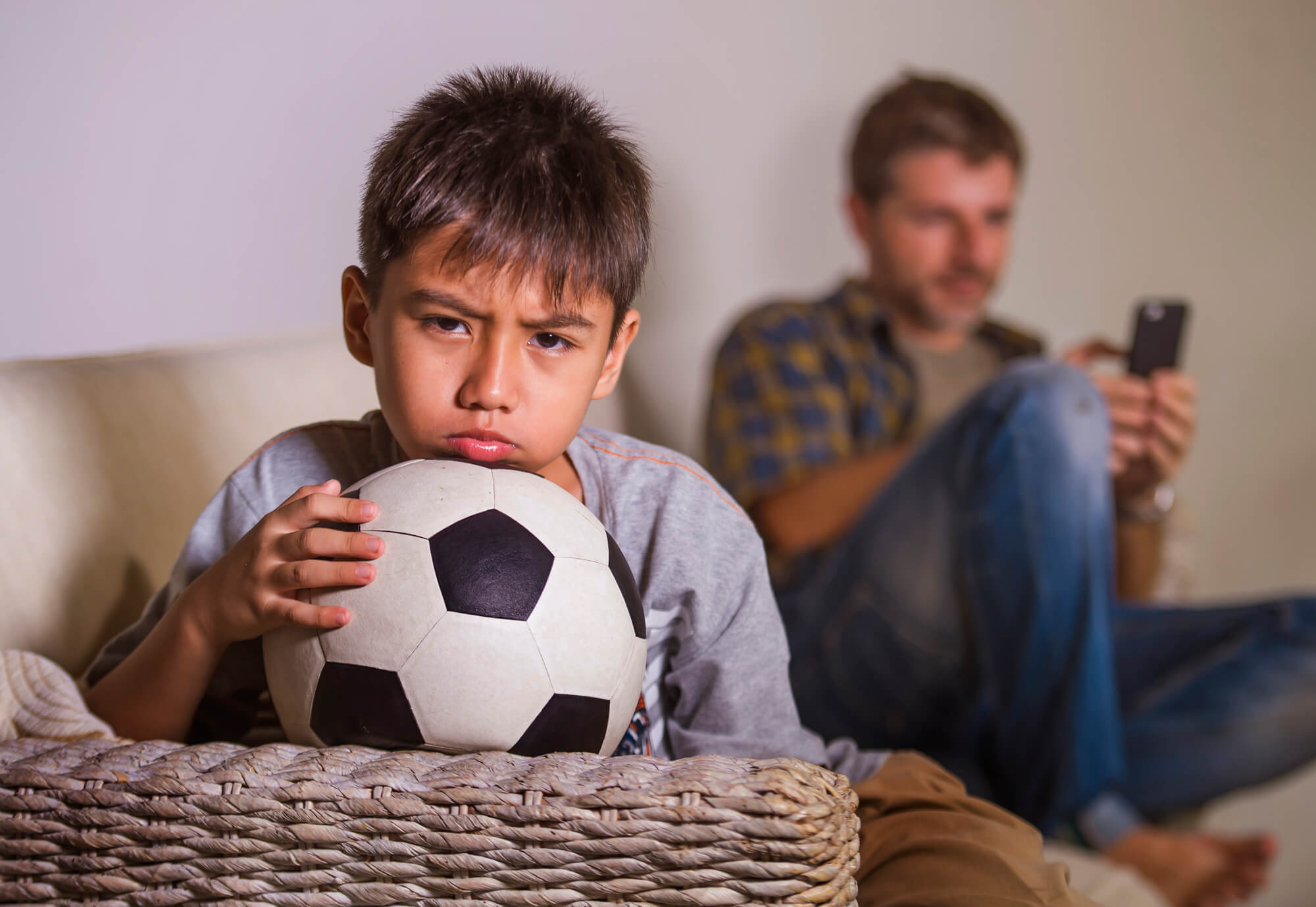Below is the transcription of this interview with therapist, Luna Medina Wolf. For more information about Luna Medina Wolf please click here. To contact her directly please call (561) 571-1557.
Transcript from Interview
Christopher B.: Hi, everyone. My name is Christopher Bruce, and I have the pleasure of being joined by Luna Medina Wolf. She’s a licensed mental health counselor in the Boca Raton and South Florida area. And today what we’re going to be talking about is trauma. How to recognize it, how to go about, with the appropriate help, minimizing the effects that it can have on your life. It’s a real deal, a really important topic, and it’s a pleasure to get to talk to you about it.
Luna Medina W.: Yeah, thank you so much for doing this.
Christopher B.: So, Luna, maybe just briefly, in the beginning, just tell people who you are and what you do, so they understand your experience with this stuff.
Luna Medina W.: Okay. So, I’m a licensed mental health counselor, like he said, and I specialize with EMDR therapy, which stands for eye movement desensitization and reprocessing. I’m certified in it. I’m also trained in different techniques for trauma, but that is the main modality that I use because the research shows it as being very effective for longterm treatment and minimizing the effects, like you said. So, that’s the modality I use mainly. I’m very active in the community in terms of trauma healing, with the Parkland survivors after the shooting, as well being active with the non-profit Professionals United from Parkland.
Christopher B.: So, I think a lot of people have heard about trauma, especially with Parkland, which hits home to a lot of us. But maybe just help everybody understand, just from your point of view as somebody who helps people with trauma, what is it? What are the signs of it? How does it affect you?
Luna Medina W.: Sure. So, I always am happy that we’re doing this because a lot of people think about trauma from the lens of the Parkland shooting, a hurricane, car accidents, which are of course the more severe. We call them in EMDR “the big T’s”. Big traumas. Things that are … Nobody would doubt that they are traumatic. However, there is all those little T’s, that we call them, the little traumas that actually impact us in many different ways that are not that significant. And they can go as little as “When I was a five year old, my teacher told me something that was very insulting to me, and I perceived it in such a way, and then I developed a negative belief about myself that I carry throughout my life.” And that’s what happens. When somebody comes in, even just for anxiety related issues, anger management issues, self-esteem issues, depression, a lot of the times we’re able to take it back to when it all started for them, and they are able to recognize that they had a memory from a younger age that they just didn’t have enough support to process it adequately. Or they had the support, but they still were stuck in that negative thought.
Luna Medina W.: And then what happens it’s … I like to explain it to people it’s almost like if I had sunglasses with red shades. Then everything is going to seem to me red as long as I wear them. If I take them off, I’ll recognize that not everything is reddish around me.
Luna Medina W.: But when you develop, and especially if it’s at a younger age, an underlying negative belief about yourself, then what happens after, everything is being viewed through that lens. And then it really affects us for the rest of your life, because the way you view yourself is through that lens, the way you view the world is through that lens, and everything else around it.
Luna Medina W.: So, some of the symptoms … Everybody looks at … Most people look at symptoms of trauma as the hyper-alert, meaning anxiousness, maybe angry, agitated, on-guard. Those are definitely symptoms of trauma. But the hypo-alert part to things, which is being numb, lack of motivation, just a flat affect. All those are actually symptoms of trauma too. It’s just a different side on the spectrum of it. And it’s recognizing that sometimes when you feel like, “Oh, I’m just over it. I’m just numbing myself away from it,” is it as if you got through it, but in all reality it still stays subconsciously and it does continue affecting you in many ways.
Christopher B.: How does trauma affect people? I think kind of the answer might be obvious. I’m a divorce lawyer, you’re a therapist. I see it a lot in what I do, part of it. But maybe what are the signs to some people that maybe they are dealing with a trauma-based issue at its root cause?
Luna Medina W.: Well, like I said, when you develop a negative belief about yourself, and let’s say if we take divorce as an example, and we’ll take the kids of the divorce as an example. Sometimes the kid may feel like that it may be their fault, right? We see that a lot of the times. And even if their parents tell them all day long that it’s not their fault, if they saw the parents fighting sometimes about the kid’s education, the kid’s discipline, all those things, they saw it. You can’t take away what they saw. And unfortunately, they perceived it and they basically held it subconsciously as to, “Oh, they’re fighting because of me.” Now this child may feel, despite the fact that everybody tells them that it’s not their fault, they may feel it’s their fault.
Luna Medina W.: So, I like to give the example of let’s say my car breaks down. I give you a call to come pick me up. On the way, God forbid, you get into a really bad car accident and you are in the hospital because of it. Now I feel this is my fault. Even though you tell me it’s not my fault, even though clearly, rationally, I know it’s not my fault, I wasn’t on the road with you, but my emotional connection to what happened is that it’s my fault. So, unless I work through therapeutic advice most of the time, then it’s going to be really hard to convince me that it’s not my fault. I’m most likely going to carry that for a really long time after.
Christopher B.: So, I guess this is where the expert advice comes in. But if somebody’s listening to this and they think maybe they’re looking through the world in red lens … And I guess you’re wearing red right now.
Luna Medina W.: I am.
Christopher B.: So, it’s not meant to be [inaudible 00:06:01]. But if they think that maybe we’re talking about them through what you’re talking about, or they identify a loved one as being in that situation, how do you … What’s the best way to deal with it, from your perspective?
Luna Medina W.: Yeah. So, not to say that everybody needs therapy in order to overcome trauma. I believe it would be good if everybody goes to see a therapist to at least evaluate if they need any further assessment, if they need further support. Because sometimes through having a good, stable environment, good relationships with people, good coping mechanisms, if I am a very healthy person with no underlying traumas, no underlying issues before, I have a very good exercise routine, I eat healthy, I have a good support system, my life is pretty good, then I may be able to overcome this by myself. But if not, and if you’re noticing things like all of the sudden somebody who used to enjoy playing tennis, and all of the sudden playing tennis is not interesting anymore. They used to be out for happy hour, or even just hanging out with their friends at least like once or twice a month, and they no longer come. They used to be on time at work, but all the sudden they’re really late to work. All those things may seem very subtle, but they are a very important sign to some things that may be going wrong.
Luna Medina W.: So, asking the question of, “How are you feeling?” and really dedicating the time to the person in front of you: “Hey, what’s going on? I’ve noticed …” Just bringing up the topic of, “I’ve noticed that you’ve been late to work. I’ve noticed you haven’t been doing tennis anymore,” whatever it is that you’ve noticed is a change of behavior in front of you, pointing it out to that person and then seeing if they share some information with you. If initially they’re pretty closed down to it and not share, poke a little more if this is somebody that is important to you. People don’t want to burden another person sometimes with how they’re feeling. So, just saying, “Hey, but really, I’ve noticed this, and this, and that,” giving them the facts. “Is there something going on? Maybe you should go talk to somebody.” Relieving the stigma of it, because we know that a lot of the times that’s that.
Luna Medina W.: I can tell you that, with trauma work, and that’s why I’m so passionate about what I do, is that sometimes people think they overcame something because they’re resilient, and they’re able to cope with it in a certain way, and they have the support system. But their brain, subconsciously, didn’t forget what happened. Okay? So, they’re still affected by that. And if they don’t overcome, if they don’t process through it and desensitize what happened, then years after you can still all of the sudden be triggered by that. And it’s what happens to a lot of people. They may overcome one thing, and then this other thing that has nothing to do with it will trigger what happened then.
Christopher B.: Brings it back up.
Luna Medina W.: Yes. And then, when it comes, it’s way bigger.
Luna Medina W.: A simple example to kind of show it is let’s say you had a really bad day at work today. Oh, everybody was annoying. The clients were annoying. Nobody was listening. You dropped things on the floor on your way to a hearing at the court, right? All this stuff.
Christopher B.: That may have been yesterday.
Luna Medina W.: Right. So, nothing went right that day. You get home and … I don’t know, you forgot to put your shoes by the door, and your wife says, “I told you to put the shoes by the door.” Well, normally, if you had a good day, you probably wouldn’t explode. But that day, because everything has been so overwhelming, when she said that, that was like, “That’s it!” And then a huge explosion, huge fight, because of this little thing. That’s what happened with trauma too. So, if you have all these underlying things that have happened to you in the past that you’ve “overcome”, and you’ve managed to keep on with your life, but then something happens to the point that you cannot control your response anymore and you get triggered in such a way, then you no longer are able to process the information and respond in a rational way. You’re acting, basically, based on your traumatized brain.
Luna Medina W.: And I don’t want to go into the whole chemical side of it and the biological side of it, all the how, literally, the brain formation changes as far the amygdala being hyper-regulated and how your frontal cortex gets affected. You’re not able to make decisions rationally a lot of the times because you’re hyper-alert or hypo-alert.
Luna Medina W.: So, I don’t want to go too much into that, but that is a big piece of all of it.
Christopher B.: So, my understanding, and I know you have limited time, but my understanding is when it comes to treating trauma through the therapy process, it … Through EMDR, the EMDR modality of treatment, it’s not necessarily something to where we’re talking about years in therapy. It can be sometimes a more acute fix. Everybody is different, but is that kind of how it works with the EMDR therapy?
Luna Medina W.: Yeah, so what’s good with EMDR therapy, one, that it’s longterm. So, if we worked on something now, it’s not … That’s it. It’s not going to be staying subconsciously somewhere and affect you down the road. Once you clear something and desensitize something through EMDR, it’s done. It’s completely worked on and desensitized. Okay? So, if there is a single incident like you got bitten by a dog and besides that nothing really happened to you significant, and you come just for that, or you have a fear of flying because something happened that caused that fear of flying, then normally a few sessions, and you should be able to be good to go.
Luna Medina W.: Even with severe trauma like what happened with the Parkland shooting, some people, again, that had a good foundation, no underlying issue, duh, duh, duh, there’s a certain protocol within EMDR that requires three to five sessions of an hour and a half long of … It’s called the R-TEP Protocol with EMDR for recent trauma, within a year. Just between those three to five sessions, people’s symptoms reduce significantly from not being able to fall asleep, not being able to stay asleep, being super agitated, on-guard, can’t really function, three to five sessions, some of them really three, and they were symptom-free. It was that effective.
Christopher B.: Wow! That’s pretty amazing. It seems to me if you’re somebody that is identifying with some of the stuff that we’re talking about, or know somebody that has, it’s definitely worth doing.
Luna Medina W.: Definitely.
Christopher B.: Luna’s here in Boca Raton, and she’ll give us her contact information. But even outside of her, there’s … I think her office accepts insurance. But a lot of other people, through the insurance that you have, can help you get this help.
Christopher B.: So, for the people that are hearing this, and they’re in the South Florida area, maybe give a little bit about how they get in touch with you. It’s Luna Medina Wolf in Boca Raton. But what’s the best way for them to get in touch?
Luna Medina W.: Well too, just to mention, I own a company called Helping Moon Counseling.
Christopher B.: Yes. I left that out. I just met everybody. I should have known.
Luna Medina W.: But we have 10 practitioners in the group. There’s two locations: one right off the turnpike on Glades in Boca Raton, and one a little bit more southeast on Powerline and Camino Real. We really specialize in trauma and many other issues that are mental health related, and we have a really great team of professionals, licensed professionals, that can help. We are, like you mentioned, in network with a lot of the insurance policies out there. And you can reach us by phone number 561-571-1557. Or you can also reach us by email: info@helpingmoon.com. We’re also on social media: Instagram, Facebook, Twitter.
Christopher B.: Everywhere.
Luna Medina W.: Yeah.
Christopher B.: Everyone, again, my name is Christopher Bruce, and I have had the pleasure of being joined by Luna Medina Wolf, a therapist in Boca Raton.
Christopher B.: Luna, thank you so much.
Luna Medina W.: Thank you so much for having me, and thank you for all the work that you do.
Christopher B.: Yeah, thank you.
Luna Medina W.: Thanks.
- Review this with one of our attorenys- Schedule a Conversation
- Call today to schedule a time to talk to an attorney (561-286-8275)



